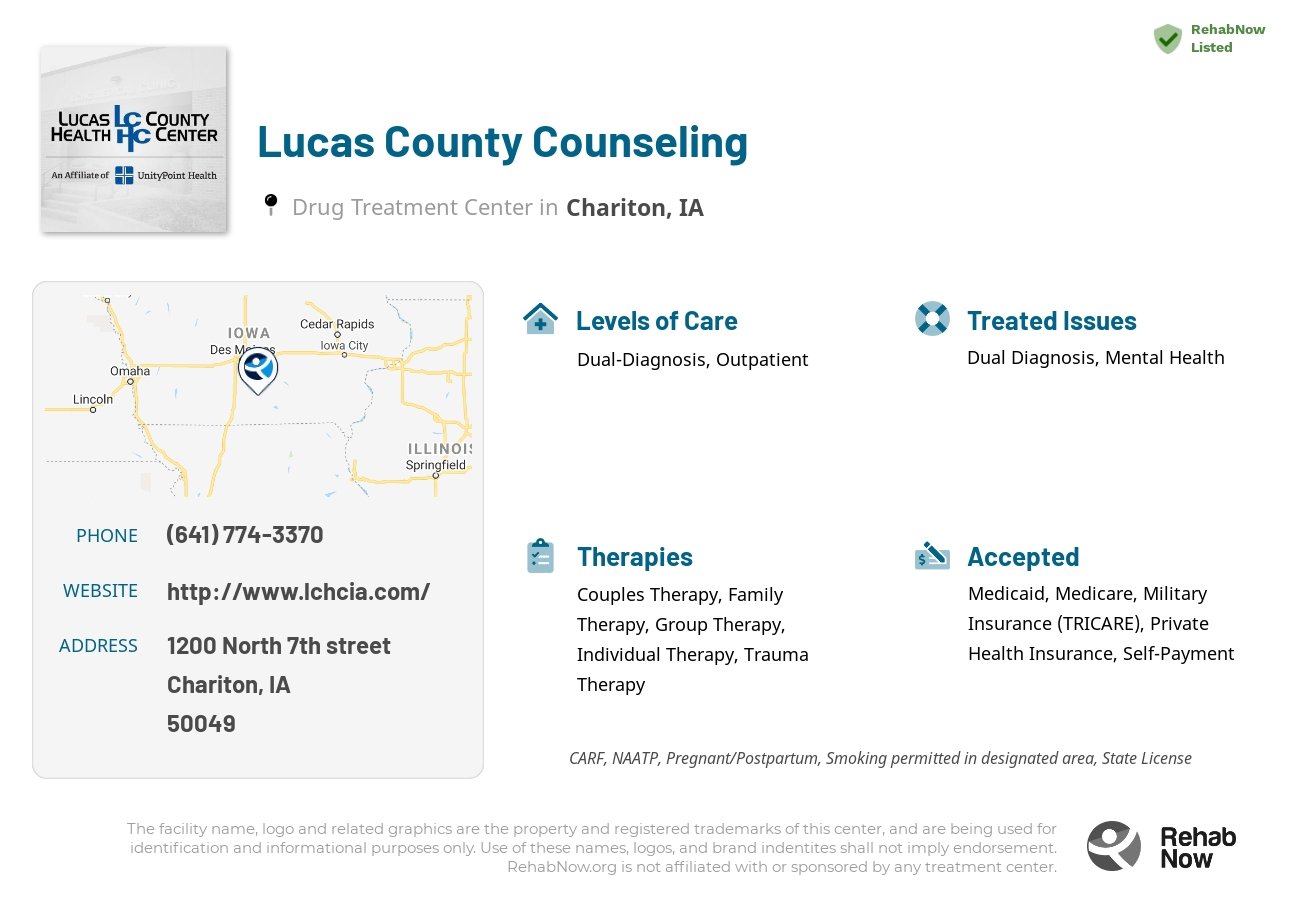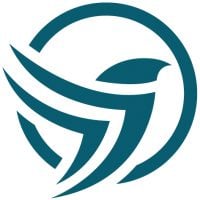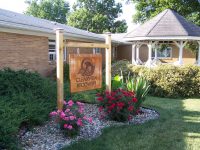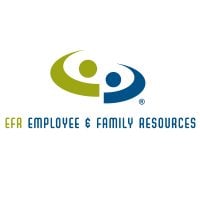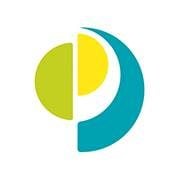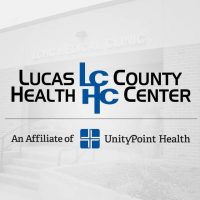
Lucas County Counseling
Drug Rehab Center in Chariton, Iowa
- Mental Health
- Dual Diagnosis
Lucas County Counseling is a highly respected addiction and behavioral health facility in Chariton, Iowa, offering personalized treatment programs tailored to each individual's needs, providing 24/7 support and follow-up services after treatment.
About This Iowa Facility
Lucas County Counseling is an Addiction Treatment Facility located in Chariton, Iowa. This facility has been providing services since its establishment in 1961. Specializing in dual diagnosis and mental health treatment, Lucas County Counseling offers various levels of care including outpatient treatment. Accepting private health insurance, this facility enables individuals in need to access high-quality addiction treatment services.
Lucas County Counseling in Chariton, Iowa offers a range of specialized services and treatment methods for those struggling with addiction and substance abuse. With a focus on dual diagnosis, they provide integrated treatment for co-occurring mental health disorders alongside addiction. The facility offers outpatient levels of care, allowing individuals to receive flexible support while maintaining their daily routines. The dedicated professionals at Lucas County Counseling utilize evidence-based practices to deliver personalized treatment plans, targeting the unique needs of each individual seeking help. Their comprehensive approach ensures that clients receive the support they require to overcome addiction and move towards sustainable recovery.
Genders
Ages
Modality
Additional
Conditions and Issues Treated
When addiction and psychiatric issues co-occur, the addict’s recovery is more successful when both conditions are treated. A dual diagnosis refers to a condition in which the patient is diagnosed with two health issues: addiction and bipolar disorder.
Usually, dual diagnosis sufferers are prescribed a combination of treatments for each condition. The most common therapies are psychotherapy, behavioral therapy, spiritual counseling, 12-step programs, and medication management.
Psychiatric conditions are an obstacle to recovery because they can create roadblocks to a healthy lifestyle. Drugs and alcohol may be used as a means of self-medication, which can have dangerous consequences. Over time, addicts build up a tolerance and suffer withdrawal symptoms when drug use is stopped.
With the proper treatment, dual diagnosis sufferers can overcome their conditions and achieve lasting sobriety.
Levels of Care Offered at Lucas County Counseling
This center offers a variety of custom treatment tailored to individual recovery. Currently available are Dual-Diagnosis, Outpatient, with additional therapies available as listed below.
Individuals struggling with drug addictions can get help from several treatment options, including inpatient and outpatient programs. Outpatient drug treatment programs can also provide patients with different levels of care, usually depending on the patient’s degree of addiction.
At an outpatient program in Chariton, a patient will attend a recovery program during the day and return home in the evening. Suppose a patient is struggling with drug addiction. In that case, an outpatient program can serve as an effective transition point during the recovery process.
Therapies & Programs
Individual therapy is a critical component of addiction recovery. It allows the patients to go deep into their core issues and discover how to handle those problems better. Therapy can be conducted in individual sessions as well as group settings. In individual therapy for addiction, the patient meets with their therapist one-on-one to focus on the underlying issues. This allows patients to open up and discuss personal topics they may not feel comfortable discussing in a group setting. This type of therapy can help develop solutions specific to each patient, which helps speed up the recovery process.
Couples therapy is beneficial for couples in which at least one partner has a substance use disorder. This type of therapy can help partners improve communication skills, which is an important factor in a healthy relationship. It can also help partners better understand one another so they have a greater understanding of how the other partner may be feeling.
Benefits of couples therapy include:
- Improvement in communication skills
- Increased understanding of the dynamics within a relationship
- Increased sense of support and trust in the relationship
- Better teamwork between partners/increased willingness to listen and work together
- Enhanced tolerance of each other’s shortcomings
- Improved ability to have open, honest communication with each other
Family therapy is a crucial part of drug treatment and getting sober. It is one of the most effective ways to help addicts stay on the path to long-term sobriety. When a drug addict decides that they want to try and get sober, it takes the support of every person they love to succeed. It can be incredibly difficult for loved ones to watch an addict go through the pain and suffering of withdrawal, but by being there with them and supporting them, they can help to make sure that the addiction never returns.
One of the most important parts of family therapy is the relapse prevention plan. During treatment, therapists and doctors will often sit down with the addict and their family to develop a plan in case the addict ever feels like they want to use again. This plan should involve steps the addict and family can take together to prevent them from relapsing in the future. An addict’s family can play a vital part in helping them to avoid relapse because they can spot the warning signs and help them get back on track before it becomes too much of a problem.
Group therapy helps prevent addicts from feeling isolated or unique in their situation by offering a sense of comfort and fellowship. It also creates a forum for addicts to build their support systems and learn from each other. The group therapy sessions at Lucas County Counseling occur in a group setting rather than one-on-one to create a safer, controlled environment where addicts feel comfortable.
Trauma therapy helps people dealing with addiction by allowing them to confront the traumas of their past and move past them. It is important to note that trauma therapy should not be confused with PTSD (post-traumatic stress disorder) Rather, it is used to treat the effects of trauma, which are often at the root of addiction.
Cognitive Behavioral Therapy (CBT) is a common therapeutic approach to help drug addicts. It teaches addicts new ways of thinking and behaving so that they can avoid relapse. There are several forms of CBT used in drug rehabilitation centers.
Cognitive Restructuring helps addicts identify faulty, negative thinking so that they can work together with the therapist to find healthier ways of thinking, resulting in better decision-making.
Cognitive Behavioral Therapy for Addiction uses the principles of CBT to help treat addiction. It focuses on specific aspects of each person’s thinking, feeling, physiology, and behavior. It aims to identify specific problems in these areas and create a personalized treatment strategy.
Payment Options Accepted
For specific insurance or payment methods please contact us.
Is your insurance accepted?
Ask an expert, call (888) 674-0062
Additional Details
Specifics, location, and helpful extra information.
Chariton, Iowa 50049 Phone Number(641) 774-3370 Meta DetailsUpdated November 25, 2023
Staff Verified
Patient Reviews
There are no reviews yet. Be the first one to write one.
Chariton, Iowa Addiction Information
Iowa ranks 2nd lowest in the nation for illicit drug use, but 12% of its residents are still using these drugs every single year. Methamphetamines account for more than 90% of all drug-related prison admissions in Iowa. Alcohol is the most widely abused substance in the state, with 23% of residents admitting to heavy drinking.
The drug addiction problem in Chariton, Iowa, is fairly bad. According to the most recent statistics, there were 907 drug-related arrests in Chariton in 2016. This is a significant increase from the 775 drug-related arrests made in 2015. The good news is that there are 1488 drug and alcohol rehab centers in Chariton. This means there is a lot of help available for people with addiction and free of cost.
Treatment in Nearby Cities
- Bettendorf, IA (149.3 mi.)
- Johnston, IA (49.3 mi.)
- Washington, IA (86.0 mi.)
- Spencer, IA (174.3 mi.)
- Indianola, IA (26.4 mi.)
Centers near Lucas County Counseling



The facility name, logo and brand are the property and registered trademarks of Lucas County Counseling, and are being used for identification and informational purposes only. Use of these names, logos and brands shall not imply endorsement. RehabNow.org is not affiliated with or sponsored by Lucas County Counseling.
